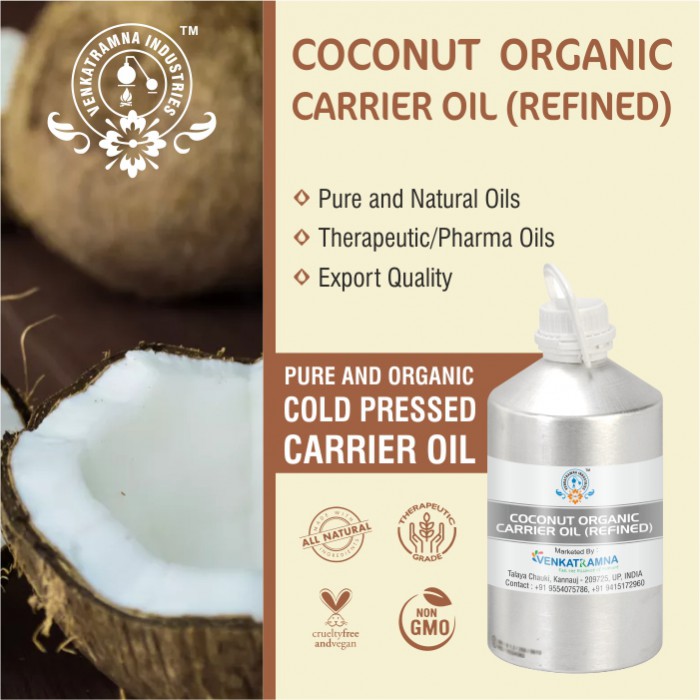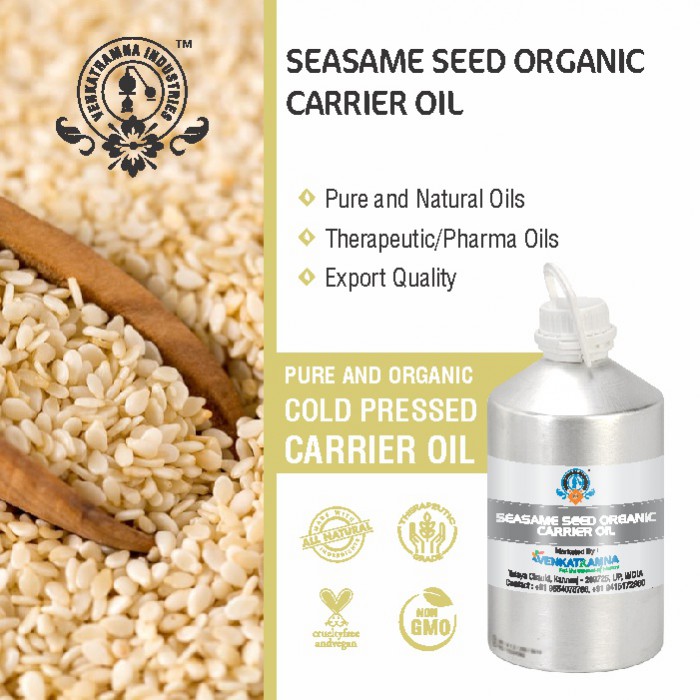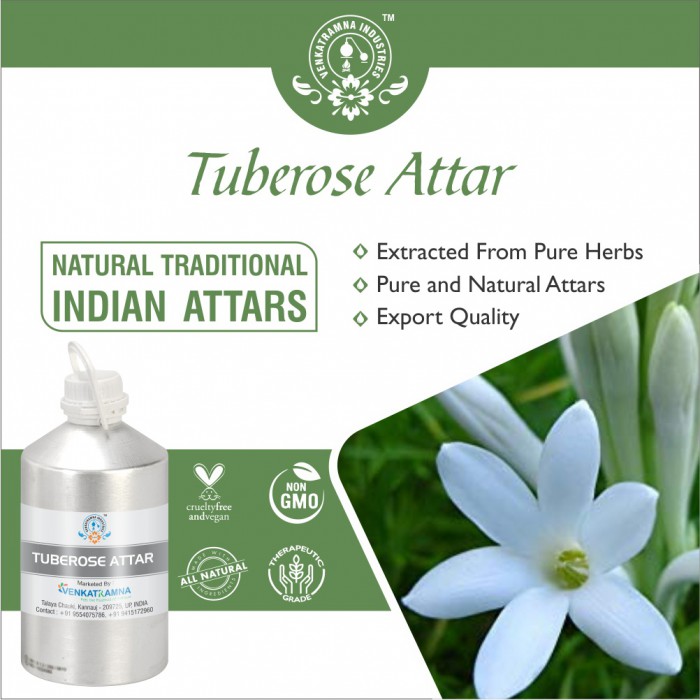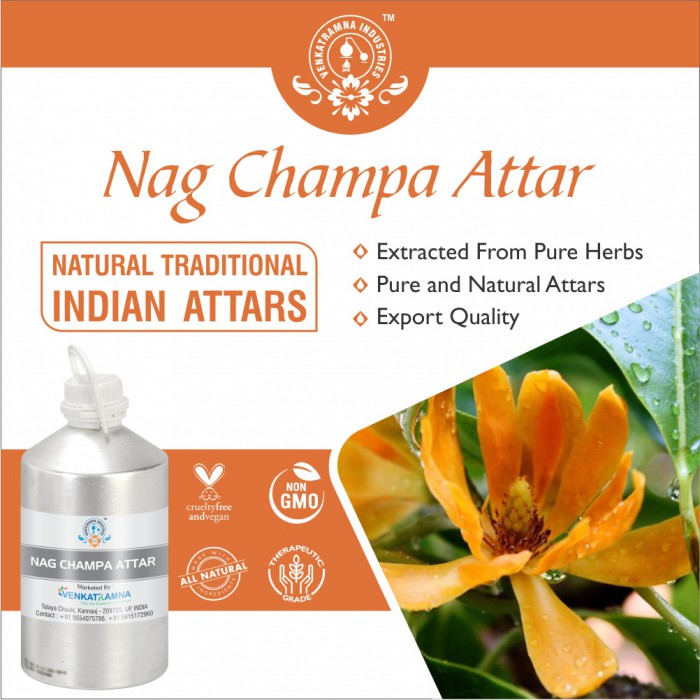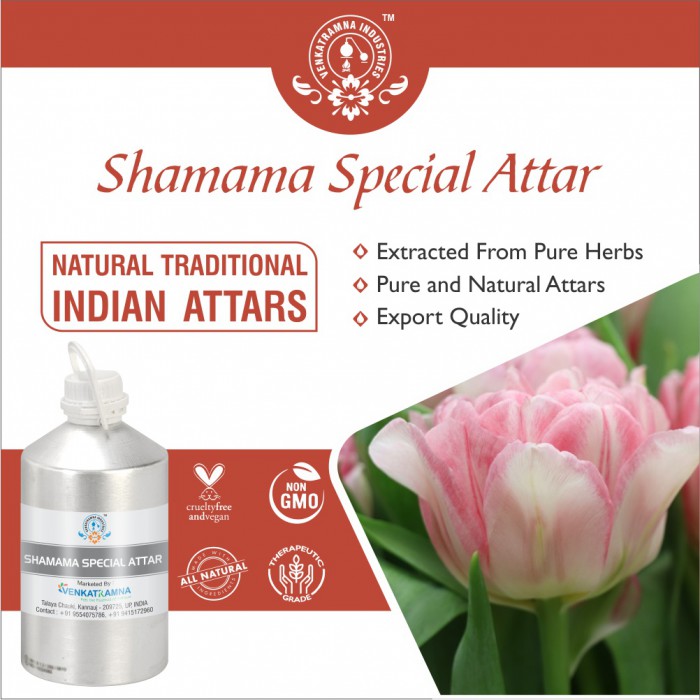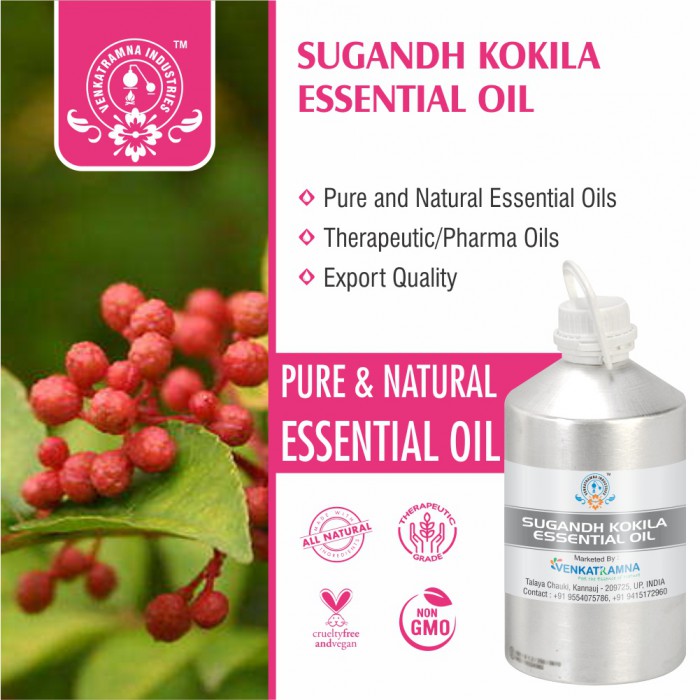Botanical Name: Cupressus funebris (Chamaecyparis funebris (Endl.) franco) Common name: Read More
|
Botanical Name: |
Cupressus funebris (Chamaecyparis funebris (Endl.) franco) |
|
Common name: |
Chinese weeping cypress, mourning cypress, Cedarwood Essential Oil (Chinese) |
|
Plant family: |
Cupressaceae |
|
Genus: |
Cupressus |
|
Appearance/Color: |
A thin, golden
yellow to orange or brown liquid. |
|
Odor: |
A middle note of
strong aroma, cedarwood atlas oil has a woody, sweet, scent that is sharper
than virginian cedarwood, and slightly reminiscent of mothballs. |
|
Blends With: |
Rosewood,
bergamot, cypress, cassia, jasmine, juniper, neroli, labdanum, frankincense,
clary sage, vetive, rosemary, ylang-ylang |
|
Origin |
China |
Cypress oil is an essential oil
made from the twigs, stems, and leaves of the cypress tree. Most cypress
essential oil is made from Cupressus sempervirens, also known as
Mediterranean cypress. The majority of studies focus on essential oil made from
this particular tree.
Chinese Cedarwood, also known as
Chinese Weeping Cypress, is an evergreen coniferous tree is grown in the
foothills of SW and Central China. A medium sized tree of about 20-35 metres in
height. The wood is collected, and steam distilled to offer this Essential Oil.
It is suggested that the Chinese
Cedarwood tree is very tolerant of hot dry conditions but is susceptible to
insect damage in a succession of dry seasons, as well as intense windy
conditions. It also seems to be short-lived, though the cones can remain closed
on the tree for a number of years, opening after the heat of a forest fire to
scatter their seeds which then germinate and grow rapidly in the ashes of the
fire.
Cedarwood has long history of use
throughout the world. Initially, the Egyptians would infuse the oil in the
deceased in addition to using it for perfumes and incense. The Tibetans diffuse
the oil throughout temples as it is considered centering and relaxing. Numerous
herbal and pet shampoos and natural repellents contain Cedarwood Oil as an
active ingredient. Cedar chests have always been used to store woollen articles
and protect them from the larvae of clothes moths. The oil and wood are also
used to prepare incense in China and is cultivated as a timber crop in
China.
Chinese Cedarwood is sought after not only for its aromatic qualities but also for the therapeutic benefits. Helpful in the cosmetic and skin care, it is considered to be helpful with skin tightening and to improve skin complexion. It is also thought to stimulate the immune system and purify the air. The oil has been used for fungal growths, muscular aches and pains, removing warts, rheumatism, skin afflictions. Its scent promotes tranquillity and combats negative thoughts. Cedarwood oil is also considered an effective insect repellent.
DISCLAIMER
The complete range of conditions
or methods of use are beyond our control therefore we do not assume any
responsibility and expressly disclaim any liability for any use of this
product. Information contained herein is believed to be true and accurate however,
all statements or suggestions are made without warranty, expressed or implied,
regarding accuracy of the information, the hazards connected with the use of
the material or the results to be obtained from the use thereof. Compliance
with all applicable federal, state, and local laws and local regulations
remains the responsibility of the user.
The FDA has not evaluated the
statements on this website. No claims are made by Venkatramna Industries as to
the medicinal value of any products from vriaroma.com or by us. The information
presented here is for educating our customers about the traditional uses of
essential oils and is not intended to diagnose, treat, cure, or prevent any
disease. You are responsible for understanding the safe application of these products.
If you have any questions, please call or email us for further information.
As per NAHA guidelines, New Directions Aromatics
(NDA) does not recommend the ingestion of essential oils. It is imperative to
consult a medical practitioner before using Essential Oils for therapeutic
purposes. Pregnant and nursing women and those taking prescription drugs are
especially advised not to use this product without the medical advice of a
physician. The oil should always be stored in an area that is inaccessible to
children, especially those under the age of 7.
In perfumery, Weeping Cypress
Wood has a particular combination of notes that are very clear, smoky, and
cedar-like with a slightly sweet green note subtly intertwined. It can be used
to enhance woody notes, spicy accords, and woody-orientals. Perfumers rejoice
as this is the perfect aromatic oil for adding smokiness to fragrance without
the hefty woody base notes that can easily overload. It blends
exceptionally well with Cedarwood Atlas, and Himalayan; Sandalwood Mysore,
Australian, and Hawaiian; Patchouli, and Haitian Vetiver.
There are several ‘cedarwood’
essential oils extracted from trees of the Cupressaceae family and traded in
commerce, but these oils are not as commonly used in aromatherapy as the
familiar ‘atlas’ and ‘virginian’ types. For example, Chinese cedarwood (Juniperus
funebris), Texas cedarwood (Juniperus ashei) and Himalayan
cedarwood (Cedrus deodara) are all used in the fragrance
industry, but for various reasons they are not commonly used therapeutically.
Additionally, Weeping Cypress
makes a strong candidate as an ingredient to any skincare or wellness product;
its aromatherapeutic benefit as an astringent, help tighten the skin and
improve the complexion. Its serene aroma promotes centering, calmness and
tranquility for yoga, meditation, and overall wellness. It has also been
noted to stimulate the immune system, and helpful with musculoskeletal aches
and pains such as tendonitis and muscle/tendon strains.
COMMON USAGE
·
Cough
·
Antiseptic and Antifungal
·
Use as an insect repellent.
·
Hemorrhoids
·
Pimples and Acne
·
Muscle Pain
Ingredients:
|
S.
No |
Key Constituents |
Strength (%) |
|
1 |
Iso-a-cedrene |
32.0 |
|
2 |
Thujopsene |
21.6 |
|
3 |
cedrenol |
6.1 |
|
4 |
Cuparene |
4.9 |
|
5 |
longifolene |
4.2 |
|
6 |
a-cedrene |
2.1 |
TOXICOLOGICAL INFORMATION
Safety Summary
·
Hazardous No Data
·
Contraindications should be diluted
before use as it might irritate the skin. It is not advisable to be used during
pregnancy and breastfeeding. It should not be consumed orally.
Organ-Specific Effects
·
Adverse skin reactions: No information
found for Chinese cedarwood oil. Little is known about most of its
constituents, although a-cedrene appears to be non-reactive on healthy skin.
Texas cedarwood oil, which has a similar composition, also seems to be
relatively safe for dermal use.
Systemic Effects
·
Acute toxicity: No information found for
Chinese cedarwood oil or most of its constituents. Texas cedarwood oil seems to
be non-toxic.
·
Inhalation: Inhalation of high
concentrations of vapor may result in irritation of eyes, nose and throat,
headache, nausea, and dizziness.
·
Skin Contact: Repeated or prolonged
contact can cause redness, irritation and scaling of skin (Dermatitis). Adverse
skin effects should be prevented by normal care and personal hygiene
·
Eye Contact: May irritate eyes.
·
Ingestion: Low order toxicity causing
irritation of the stomach and intestines which results in nausea and vomiting.
·
Medical Conditions Aggravated by Exposure:
May aggravate dermatitis, psoriasis and other skin conditions.
·
Chronic Toxicity: May cause allergic
reactions on skin
·
Carcinogenicity Data: None of the
components of this material are listed as a carcinogen.
·
Reproductive Toxicity: No adverse effects
on reproduction are known.
·
Acute Toxicity Values: No data is
currently available.
ECOLOGICAL
INFORMATION
·
Toxic to aquatic organisms, may cause long-term
adverse effects environment. Avoid any pollution of ground, surface or
underground water.
·
Persistence and degradability (hydrocarbons)
Biodegradability: no degradability data is available, the substance is
considered as not degrading quickly.
·
Bio-accumulative potential No Data available.
·
Mobility in soil Unknown


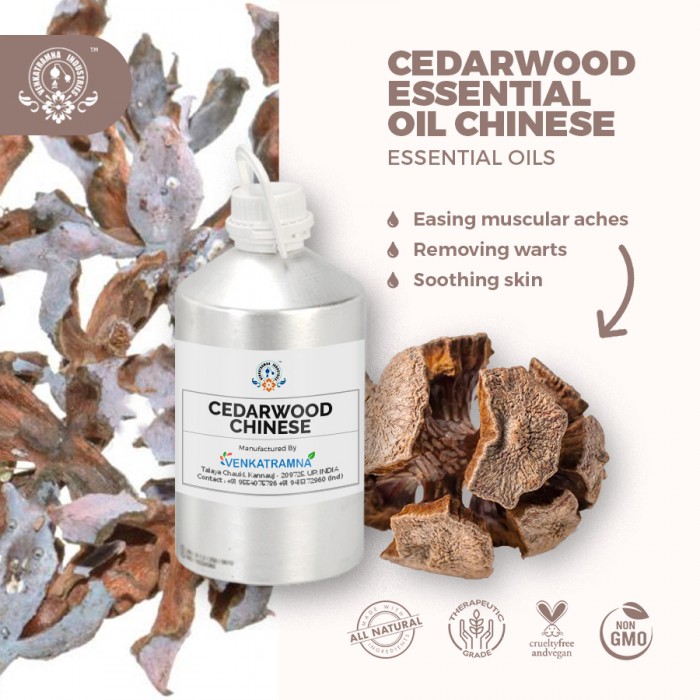
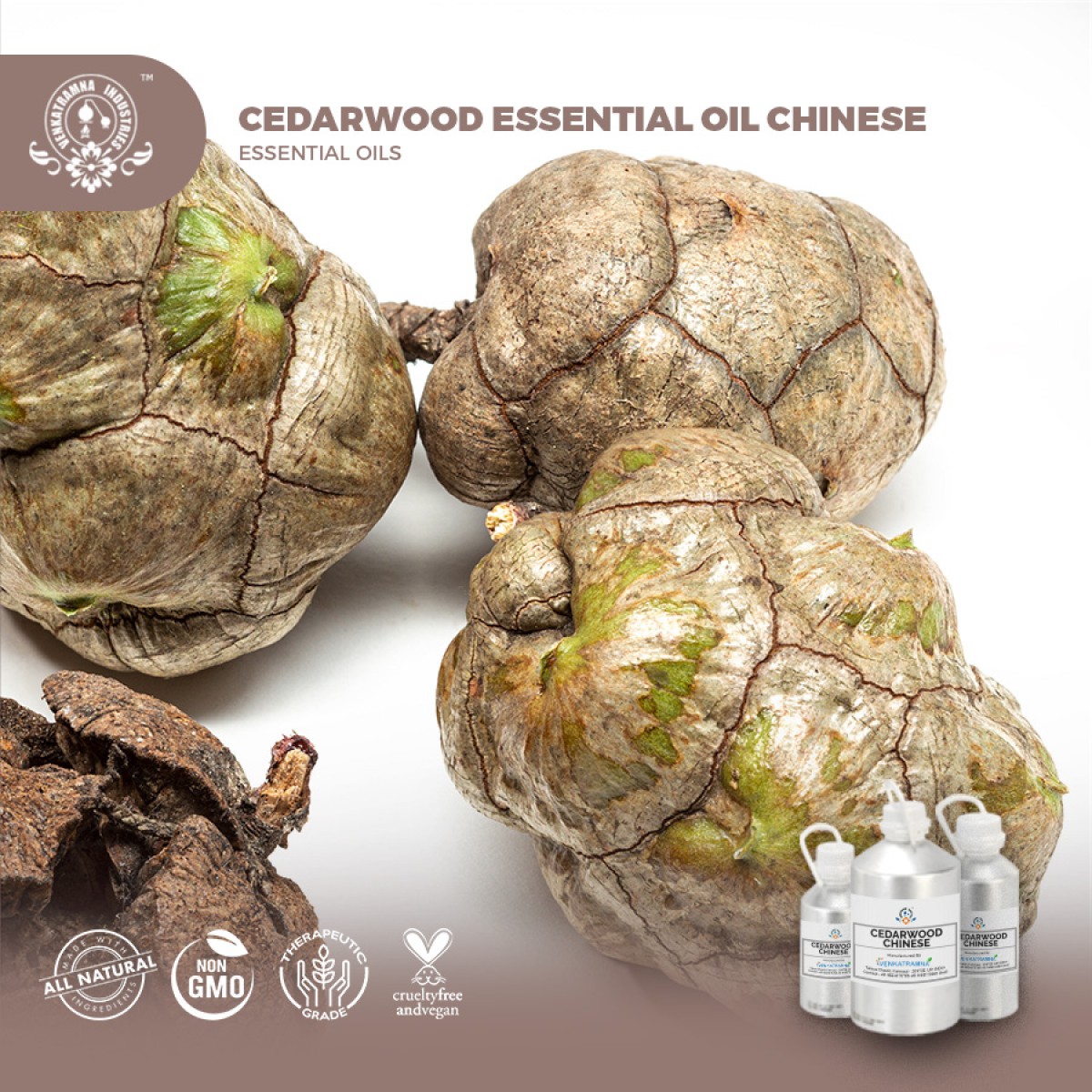
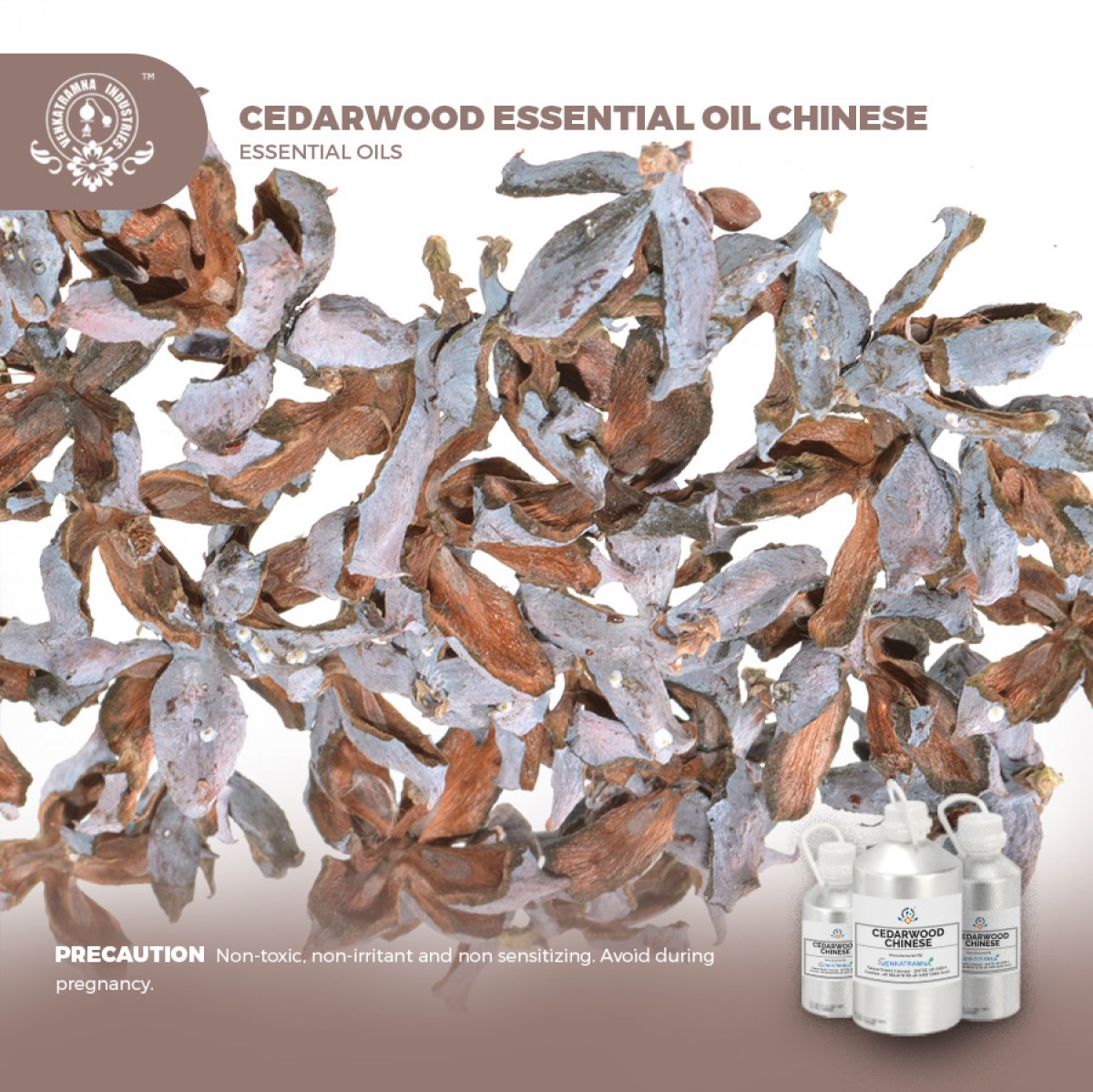
 MSDS-Cedarwood1.pdf
MSDS-Cedarwood1.pdf